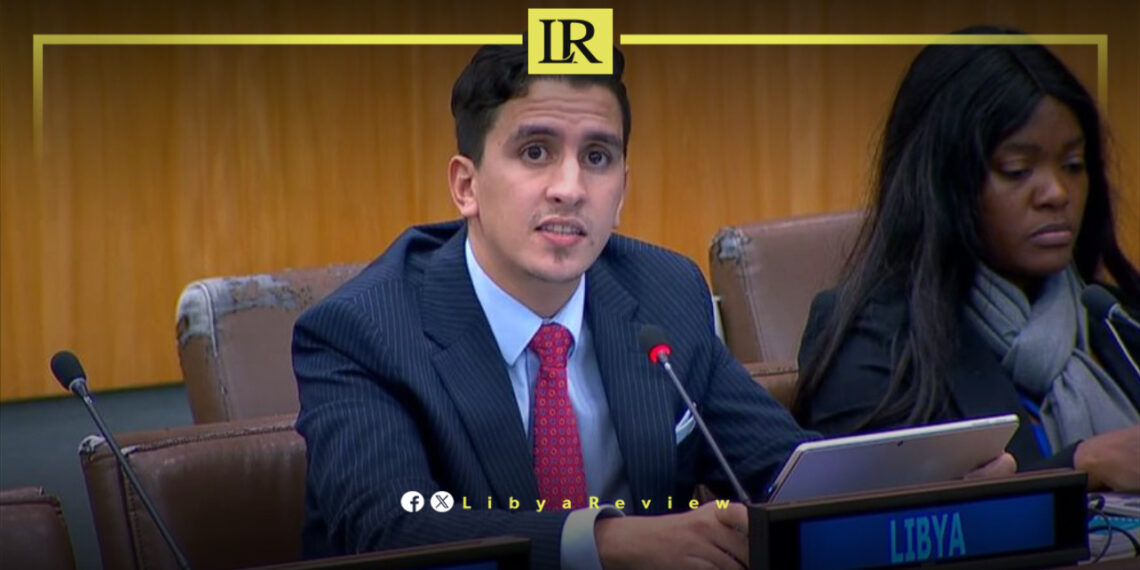Libya has reaffirmed its commitment to social development goals and the promotion of the role of families in society, emphasizing the importance of closing the digital divide between nations to achieve sustainable social development.
This was highlighted in a statement delivered by Libya’s Permanent Mission Advisor to the United Nations, Mohamed Abusenina, before the Third Committee (Social, Humanitarian, and Cultural Committee) during the 79th session of the United Nations General Assembly currently taking place at UN headquarters in New York.
The statement, presented as part of the general discussion on social development, underscored Libya’s dedication to addressing the needs of vulnerable groups through social welfare policies, universal healthcare, free education for all, and efforts to achieve food security.
Additionally, the statement highlighted the importance of equitable access to digital services, noting that Libya has developed robust and affordable digital infrastructure as part of its national communications and information strategy (2023-2027). This progress has positioned Libya at the top of the 2024 ICT Development Index in Africa, according to the latest report from the International Telecommunication Union (ITU).
The statement called for bridging the digital divide between countries to foster sustainable social development while addressing the negative impacts of technology, such as the spread of misinformation, hate speech, racism, and digital security threats, which must be combated.
Libya has been in chaos since a NATO-backed uprising toppled longtime leader Muammar Gaddafi in 2011. The county has for years been split between rival administrations.
Libya’s economy, heavily reliant on oil, has suffered due to the ongoing conflict. The instability has led to fluctuations in oil production and prices, impacting the global oil market and Libya’s economy.
The conflict has led to a significant humanitarian crisis in Libya, with thousands of people killed, and many more displaced. Migrants and refugees using Libya as a transit point to Europe have also faced dire conditions.
The planned elections for December 2021 were delayed due to disagreements over election laws and the eligibility of certain candidates. This delay has raised concerns about the feasibility of a peaceful political transition.
Despite the ceasefire, security remains a significant concern with sporadic fighting and the presence of mercenaries and foreign fighters. The unification of the military and the removal of foreign forces are crucial challenges.


